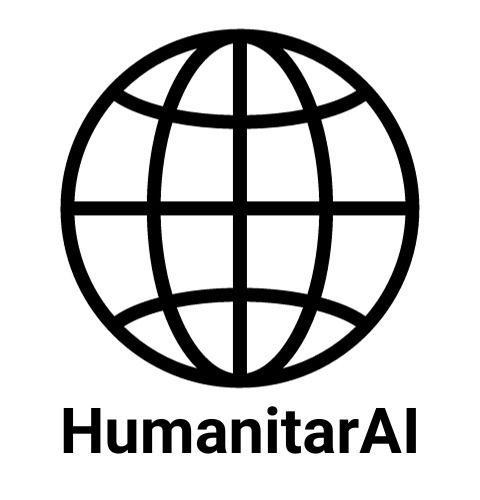ChatGPT, Midjourney and AI-Sandboxes have recently made the headlines on various media sources. However, many people do not have a background in Information Technology to understand the implications of giving a massive amount of data towards feeding the so-called “AI-powered language models”. As a Communication for Development practitioner or humanitarian worker, where could I get informed about the ethical concerns of AI?
Questions such as “Will AI replace my job?” to “How could we best use AI to enhance my productivity in everyday work?” have been asked by many ever since the introduction of ChatGPT, an “AI-powered language model” introduced by OpenAI in November 2022. Ever since the introduction of this tool, the chatbot quickly went viral, and many were surprised at what this tool is capable of. From planning their weddings to writing decent-quality essays, this tool has revolutionised various areas in our informational economy, enabling people to do their work “quick-and-dirty” without wasting hours on dull and mundane tasks.
However, every time we execute a command or prompt, we give our data and information away to train the ChatGPT model. As the chat history of ChatGPT is saved by default by users, users were only allowed to turn off their chat histories since April 2023. To get instructions on how to turn off chat history, click here!
As we give away lots of data to ChatGPT – inaccuracies, disinformation and biases are also fed into the language model. This introduces ethical concerns about the responses we get from the tool. If users of ChatGPT are lazy and do not execute their due diligence, fact checks and care about discriminatory language. There is a possibility of publishing biased content, leading to different opinions and controversial debates.
As ComDev practitioners, project managers or humanitarian journalists, we spend large amounts of time drafting text to generate impact and increase public awareness of urgent issues that need to be addressed. Often, news come at a quick pace, and we don’t have time to revise them, thus, AI might seem like a great tool to facilitate and improve our work. However, when writing articles for some of the world’s biggest issues like social change, inequalities, climate change and de-colonisation, it is essential to eliminate biases from the text.
So, where can I get informed about the ethical concerns of AI? What are some of the latest research out there?
The Radical AI podcast is a podcast that shares radical ideas and stories about the ethics of AI.
Below are some further reading materials which could be of great help, especially for humanitarians working with AI in their daily work:
Are countries ready for AI? How they can ensure ethical and responsible adoption | United Nations Development Programme. (2023, April 25). UNDP. https://www.undp.org/blog/are-countries-ready-ai-how-they-can-ensure-ethical-and-responsible-adoption
Bartneck, C., Lütge, C., Wagner, A. R., & Welsh, S. (2021). An introduction to ethics in robotics and AI. In SpringerBriefs in ethics. https://doi.org/10.1007/978-3-030-51110-4
Ethics of artificial intelligence. (2023). UNESCO. https://www.unesco.org/en/artificial-intelligence/recommendation-ethics
Generative AI for humanitarians – September 2023 – World. (2023, September 22). ReliefWeb. https://reliefweb.int/report/world/generative-ai-humanitarians-september-2023


